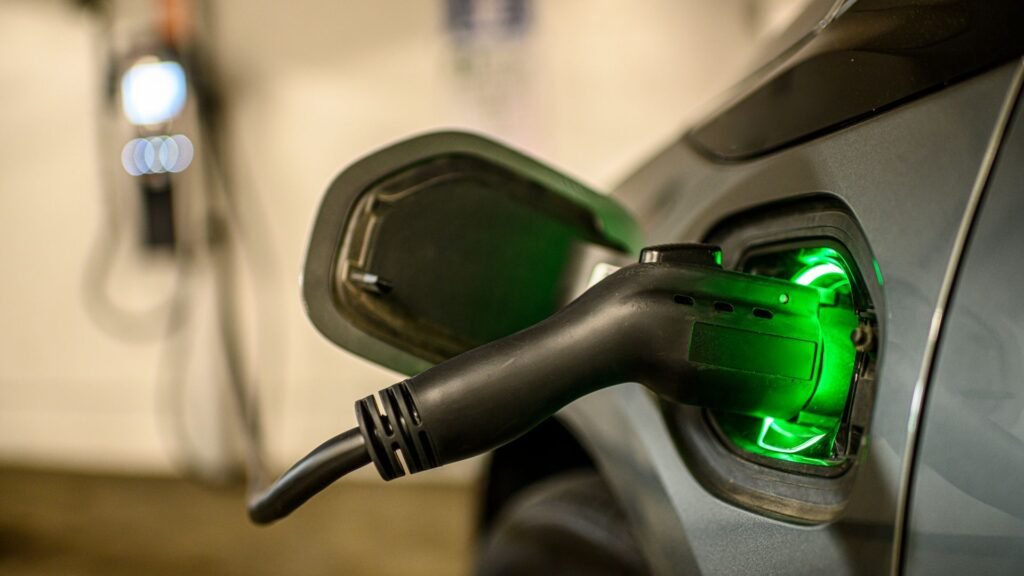What Is Stranded Energy?
Stranded energy refers to electrical energy that cannot be utilized or transmitted effectively. In the context of electric vehicles (EVs), it signifies the energy that remains unused due to limitations in the vehicle’s energy storage or management systems.
Causes of Stranded Energy in EVs
- Battery Capacity Limits
Electric vehicles have a finite battery capacity. When the battery reaches its maximum charge, any additional energy generated, such as through regenerative braking, may go unused, resulting in stranded energy. - Charging System Constraints
The vehicle’s onboard charging system might not be capable of handling energy efficiently. In some cases, the energy generated by the regenerative braking system may exceed what the charging system can process, causing some of it to be stranded. - Temperature Variations
Extreme temperatures can affect battery performance. If the battery temperature is outside the optimal range, it might not be able to absorb or store energy efficiently, leading to stranded energy.
Implications of Stranded Energy
- Reduced Efficiency
Stranded energy represents a loss of potential power. This inefficiency can reduce the overall effectiveness of the vehicle’s energy management system. - Increased Energy Costs
If energy is consistently stranded, it can lead to increased operational costs. This is because energy that could have been utilized is wasted. - Impact on Battery Life
Frequent instances of stranded energy can affect the battery’s health over time. Batteries are designed to handle a certain amount of charge cycles, and inefficiencies can reduce their overall lifespan.
Strategies to Minimize Stranded Energy
- Advanced Battery Management Systems
Upgrading to a more sophisticated battery management system can help in better handling and utilizing the energy, minimizing the chances of stranded energy. - Enhanced Regenerative Braking Technology
Improving regenerative braking systems ensures that more energy is captured and used effectively rather than being stranded. - Temperature Control Systems
Implementing advanced thermal management systems can help keep the battery within optimal temperature ranges, reducing the chances of stranded energy.
Future of Energy Management in EVs
The future of electric vehicles promises advancements in energy management technologies. Innovations in battery technology, energy efficiency systems, and vehicle design are likely to reduce instances of stranded energy. Continued research and development will play a crucial role in enhancing the overall efficiency of EVs and minimizing energy wastage.
By understanding and addressing stranded energy, manufacturers and consumers can contribute to more efficient electric vehicles, leading to better performance and reduced costs.
Conclusion
Stranded energy in electric vehicles is a significant concern that affects efficiency and cost. By recognizing the causes and implementing effective strategies, it’s possible to minimize stranded energy and enhance the overall performance of EVs. Future advancements hold promise for even more efficient energy management solutions.
